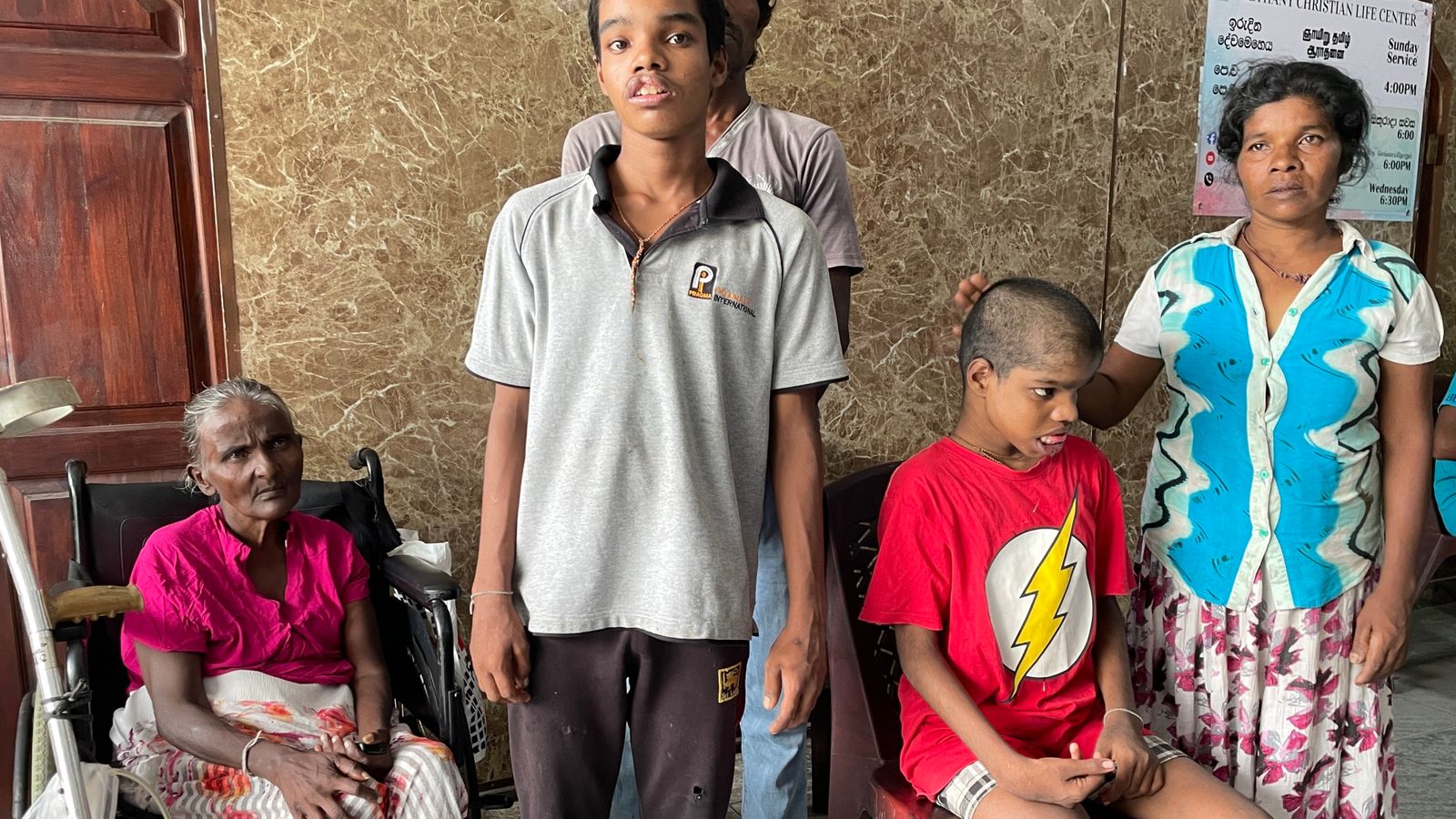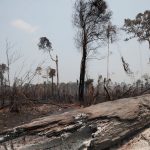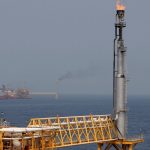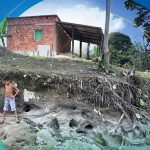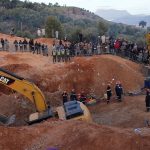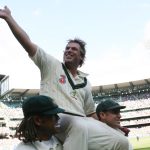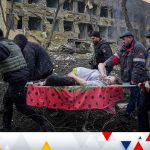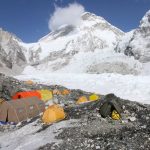In a community kitchen in the backstreets of Colombo, volunteers prepare 250 meals every day for people struggling to survive Sri Lanka’s worse economic crisis since gaining independence in 1948.
We meet Mabel Silva and her family while they’re waiting for a meal. Her two grandchildren are disabled and Mabel is suffering from diabetes.
She explains the family has experienced hard times before, but nothing as bad as this.
Before the crisis, her son worked as a casual labourer. But now he can’t find any work and they have no money for food, medicine or the bandages she needs.
Mabel is in a wheelchair. Her feet are wrapped in gauze and covered in plastic bags.
The whole family walks a six-mile round trip to receive a free meal almost every day. It’s too expensive to take the bus.
The Voice for Voiceless Foundation started feeding the poor in June. Since then, demand has soared. It’s opened 10 community kitchens across the country providing meals to more than 1,500 people daily.
Sri Lankan president’s brother Basil Rajapaksa stopped at airport from leaving country
Protesters ‘close to ridding Sri Lanka of the Rajapaksas’ as president’s house becomes people’s palace
Protesters swim in Sri Lanka president’s pool – and warn they’re staying until he leaves office
Charity director Moses Akash is certain who should be held to account for the disaster.
“The Sri Lankan government and the president are definitely to blame for the crisis we are in,” he said.
Akash asks why the political elite don’t have to line up for fuel and food like the rest of the country, adding it’s heart-breaking watching Sri Lankans suffer.
The food crisis is so acute that the United Nations estimates 70% of people are missing a meal every day and one in five are hungry.
It’s a shocking economic collapse for a country once regarded as a middle-income nation, with a strong agricultural sector and burgeoning tourist industry.
Please use Chrome browser for a more accessible video player
Queues for miles
The capital Colombo has become a city of queues. Long and futile days are spent waiting in line for the basic necessities of life; gas, petrol, food.
Read more:
Sri Lanka only has enough petrol for one more day
These queues stretch for miles, chains of tuk-tuks snake around the block and the clanging sound of empty gas canisters, as their owners drag them along, ring throughout the streets.
We visited a queue for petrol where we last filmed six weeks ago. Then, people waited a few hours to fill up. Now it’s a few days.
Existing, not living
Without petrol the drivers can’t work and earn money, so their families go hungry.
Driver Wijesinaha Sanjeewa says: “My life is very bad. I have no money. I have two children. Sometimes we eat once a day. Sometimes twice. This is my life.”
Most Sri Lankans are existing but they’re not living.
They can’t even think about the future when all day is spent trying to beat insurmountable challenges.
Sri Lanka has been hit by a perfect storm of disasters. Economic ineptitude on a grand scale, political disarray and the global fallout of the war in Ukraine and COVID-19.
With the odds stacked against it, it’s hard to imagine how and when Sri Lanka will come out on the other side of this catastrophe.
